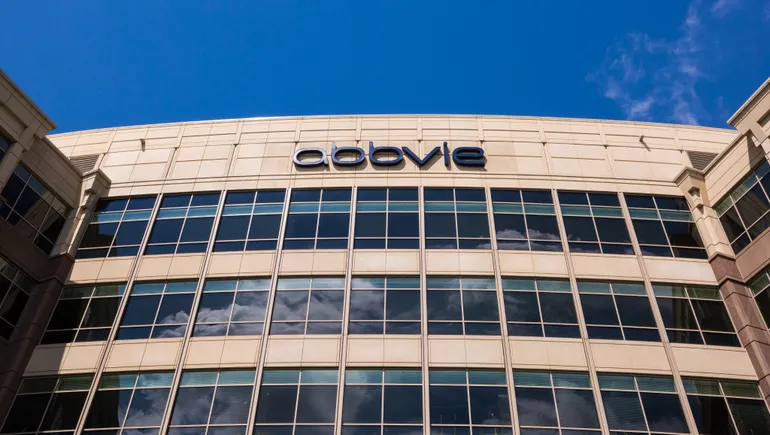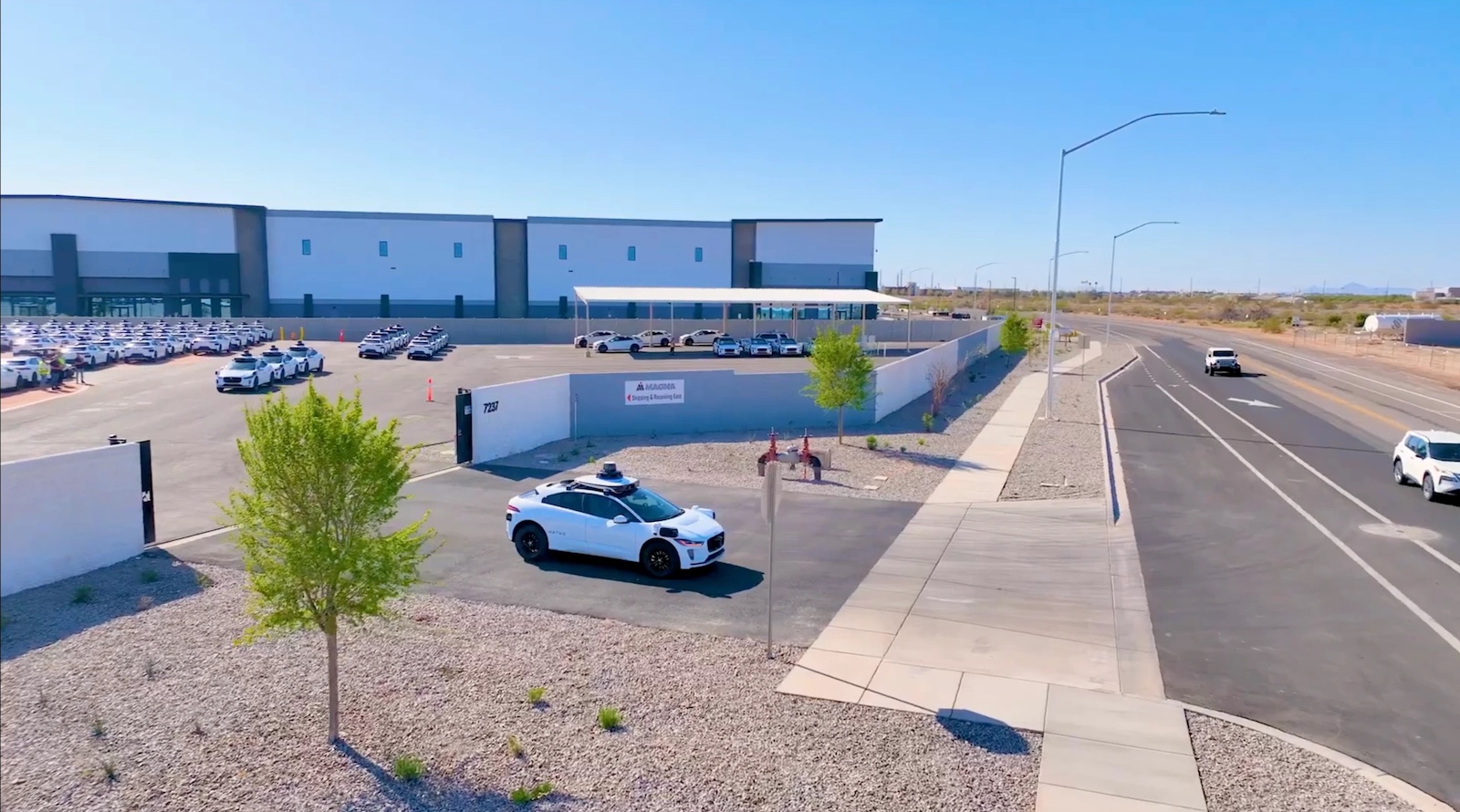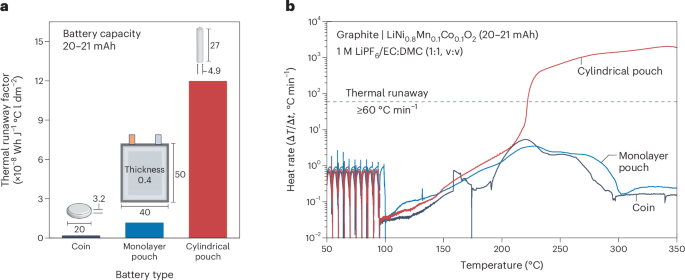Assessing Advocacy In The Federal Appeals Through The Lens Of Five Cases From The Past Year
Five cases with huge implications and top big firm advocates. Which briefs had the greatest impact? They are ranked below. The post Assessing Advocacy In The Federal Appeals Through The Lens Of Five Cases From The Past Year appeared first on Above the Law.

Across five of the most closely watched federal appellate cases of the past year, a striking pattern has emerged: courts are grappling with cutting-edge questions at the intersection of constitutional doctrine, statutory interpretation, and contemporary social and technological realities. From trade secret theft and racial equity in venture capital to school curriculum disputes, algorithmic product liability, and transgender participation in sports, these cases are not merely high-profile—they are legally transformative.
What links them, beyond subject matter, is the caliber of advocacy on both sides. Each case features powerhouse law firms and public interest litigators operating at the highest levels of appellate strategy. Kirkland & Ellis, Gibson Dunn, WilmerHale, King & Spalding, and the American Civil Liberties Union (among others) brought deep litigation benches and doctrinal sophistication. These firms shaped the opinions not only through legal reasoning but through the language, framing, and precedent chains they offered to the courts.
Yet raw win-loss outcomes don’t tell the full story. Some briefs succeeded in doctrinal influence but lost on the facts; others introduced language that changed how the court characterized the issues, even in defeat. This article evaluates each brief’s actual advocacy impact using a structured, quantitative methodology grounded in judicial reception.1
Case 1: Motorola Solutions, Inc. v. Hytera Communications Corp.
Court: U.S. Court of Appeals for the Seventh Circuit
Citation: 108 F.4th 458 (2024)
Docket Nos.: 22-2370 & 22-2413
Outcome: Affirmed in part, reversed in part, remanded
Case Summary
Motorola Solutions sued Hytera Communications for misappropriation of trade secrets under the Defend Trade Secrets Act (DTSA) and copyright infringement under the Copyright Act. The central allegation was that Hytera poached Motorola engineers in Malaysia who brought with them thousands of proprietary files and source code. Using these materials, Hytera released digital radios that were functionally indistinguishable from Motorola’s and sold them globally, including in the U.S.
A jury awarded Motorola $764.6 million in damages. The district court reduced this to $543.7 million, breaking it down into:
- $136.3M under the Copyright Act,
- $135.8M under the DTSA,
- $271.6M in DTSA punitive damages,
and imposed a future royalty of 100% of Hytera’s profits.
On appeal, Hytera did not contest liability but challenged the extraterritorial scope of the DTSA and Copyright Act damages, the failure to apportion profits, and the size of the punitive damages. Motorola cross-appealed, arguing it was entitled to a permanent injunction and greater damages based on lost profits and avoided R&D costs.
The Seventh Circuit affirmed some rulings, reversed others (especially on the extraterritorial copyright damages), and remanded for further findings.
Bigger Winner: Although Hytera secured key reversals on copyright damages and apportionment procedure, Motorola was the bigger winner overall. It preserved over half a billion dollars in trade secret damages and laid the groundwork for permanent injunctive relief on remand.
Brief Argument Summaries




















































































































































